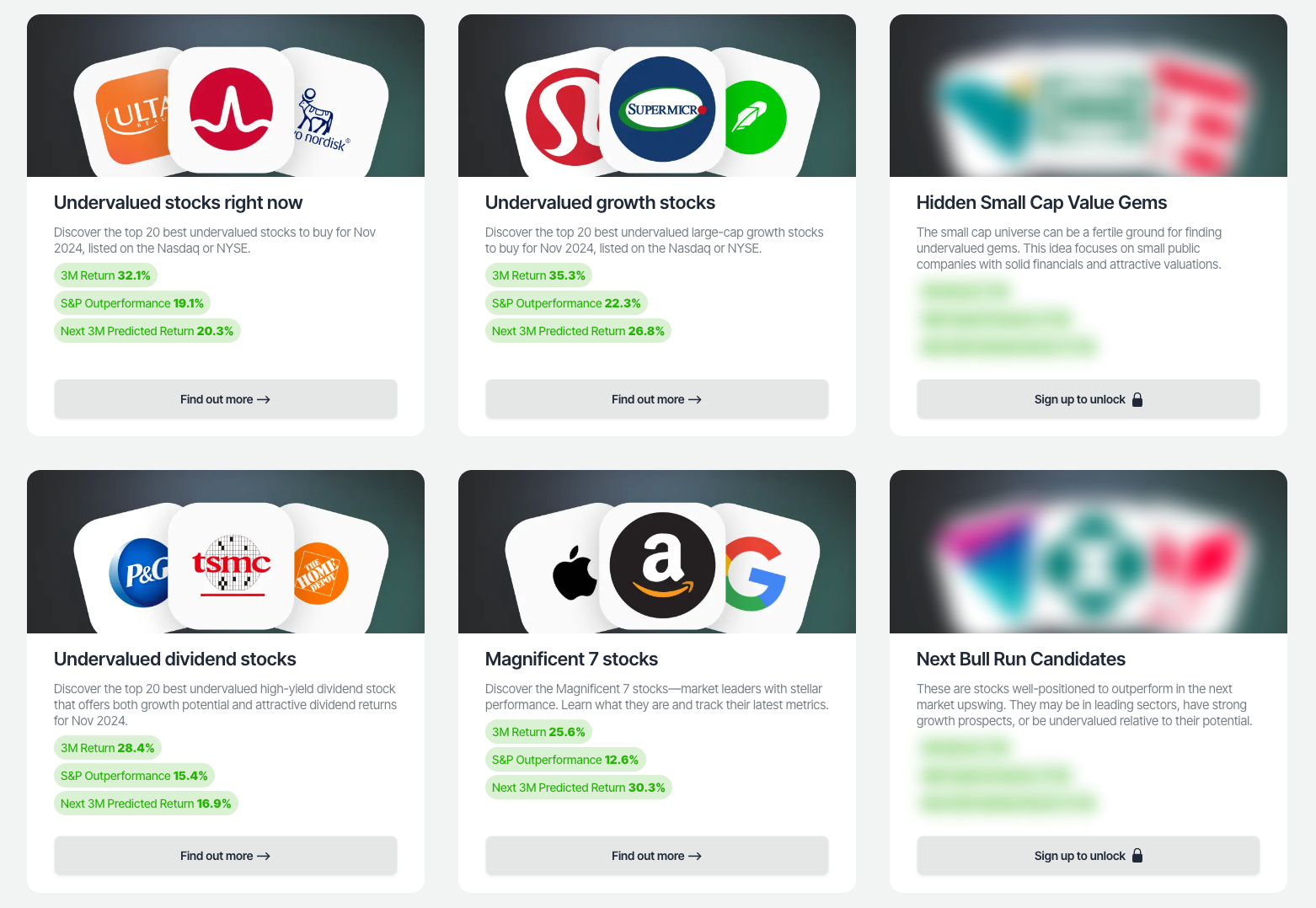How BB (BlackBerry) Makes Money in 2026: A Deep-Dive With Income Statement
Welcome to the Value Sense Blog, your resource for insights on the stock market! At Value Sense, we focus on intrinsic value tools and offer stock ideas with undervalued companies. Dive into our research products and learn more about our unique approach at valuesense.io
Explore diverse stock ideas covering technology, healthcare, and commodities sectors. Our insights are crafted to help investors spot opportunities in undervalued growth stocks, enhancing potential returns. Visit us to see evaluations and in-depth market research.
Understanding how a technology solutions provider like BB Income Statement Overview makes money is essential for investors and anyone interested in the business of enterprise software and security. In this post, we break down BB's quarterly income statement (Q3 2025) using a Sankey chart to visualize the financial flows — what comes in, where it goes, and what's left as profit.
Quick BB Overview
 Income Statement Overview](https://blog.valuesense.io/content/images/2025/11/BB_income_1762773930.png)
BB Income Statement Overview operates as a provider of enterprise software, cybersecurity solutions, and Internet of Things (IoT) platforms. Revenue comes primarily from software licensing, subscription services, and support contracts targeting businesses and government clients. The company’s business segments typically include cybersecurity, IoT, and licensing, though segment-level revenue was not disclosed in the latest quarter.
Revenue Breakdown
- Total Revenue (Q3 2025): $129.6M (−10.6% YoY)
- Segment breakdown not disclosed for this quarter
- Growth is pressured by lower demand in legacy software and licensing, partially offset by recurring subscription revenues and new cybersecurity offerings.
Gross Profit and Margins
- Gross Profit: $96.6M (74.5% gross margin)
- Cost of Revenue: $33.0M (−35.3% YoY)
- BB maintains robust margins due to its scalable software-centric business model and a shift toward higher-margin subscription services.
- Most costs come from personnel, cloud infrastructure, and support services required to deliver and maintain software solutions.
Operating Income and Expenses
- Operating Income: $11.5M (flat YoY, 8.9% margin)
- Operating Expenses: $81.5M (−29.1% YoY)
- R&D: $25.6M (−30.8% YoY, 19.8% of revenue) — Focused on enhancing cybersecurity, AI-driven threat detection, and IoT platform capabilities.
- SG&A: $55.9M (−16.6% YoY, 43.1% of revenue) — Includes sales, marketing, and administrative costs, reflecting ongoing cost control initiatives.
- BB continues to prioritize innovation and invest in growth areas while maintaining efficiency through disciplined cost management.
Net Income
- Pre-Tax Income: $13.4M (flat YoY, 10.3% margin)
- Income Tax: $0.1M (0.7% effective tax rate)
- Net Income: $13.3M (flat YoY, 10.3% net margin)
- BB converts a moderate portion of sales into profit due to its efficient cost structure and focus on high-margin software solutions.
Most investors waste time on the wrong metrics. We've spent 10,000+ hours perfecting our value investing engine to find what actually matters.
Want to see what we'll uncover next - before everyone else does?
Find Hidden Gems First!
What Drives BB's Money Machine?
- Recurring software subscriptions: The primary revenue driver, accounting for the majority of sales, as clients shift from perpetual licenses to cloud-based and managed services.
- Gross margin: 74.5%, reflecting the high profitability of software and service contracts.
- R&D investment: $25.6M (19.8% of revenue) in Q3 2025, supporting next-generation cybersecurity and IoT solutions.
- Future growth areas: Expansion in AI-powered security and IoT device management, though these segments are not yet significant profit contributors.
Visualizing BB's Financial Flows
The Sankey chart below visualizes how each dollar flows from gross revenue, through costs and expenses, down to net income. This helps investors spot where value is created, what areas weigh on profits, and how efficiently the company operates.
- Most revenue flows into gross profit, with operating expenses (especially SG&A) taking the largest chunk.
- Even after significant R&D and SG&A investments, 10.3% of revenue drops to the bottom line.
Key Takeaways
- BB's money comes overwhelmingly from enterprise software and recurring subscription services.
- High gross and net margins illustrate the power of BB's scalable, software-driven business model.
- Heavy investment in R&D, balanced by efficiency in operating costs.
- Ongoing growth is driven by cybersecurity innovation and expansion into IoT solutions.
Explore More Investment Opportunities

For investors seeking undervalued companies with high fundamental quality, our analytics team provides curated stock lists:
📌 50 Undervalued Stocks (Best) overall value plays for 2025
📌 50 Undervalued Dividend Stocks (For income-focused investors)
📌 50 Undervalued Growth Stocks (High-growth potential with strong fundamentals)
🔍 Check out these stocks on the Value Sense platform for free!
FAQ About BB's Income Statement
1. What is the main source of BB's revenue in 2025?
BB generates over 80% of its revenue from enterprise software subscriptions and support services. Additional revenue comes from licensing and IoT solutions, though these are smaller contributors.
2. How profitable is BB in Q3 2025?
BB reported net income of $13.3M in Q3 2025, with a net margin of approximately 10.3%, reflecting moderate profitability driven by high-margin software sales and disciplined cost management.
3. What are the largest expense categories for BB?
The biggest expenses on BB's income statement are operating expenses, particularly Research & Development (R&D) at $25.6M and Sales, General & Administrative (SG&A) costs at $55.9M in Q3 2025, as BB prioritizes innovation in cybersecurity and IoT.
4. Why does the IoT segment operate at a loss?
The IoT segment, despite generating revenue, posted an operating loss in Q3 2025. This is because BB aggressively invests in platform development and market expansion, believing these will drive long-term growth—even if the division is unprofitable today.
5. How does BB's effective tax rate compare to previous years?
BB's effective tax rate in Q3 2025 was 0.7%, lower than previous years. This low rate is primarily due to tax benefits from share-based compensation and international structuring.
